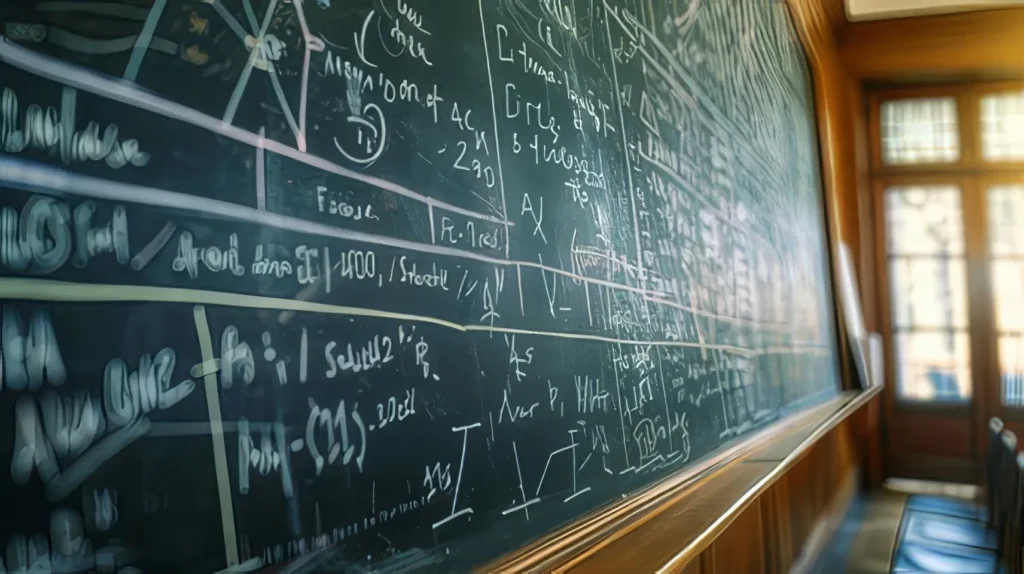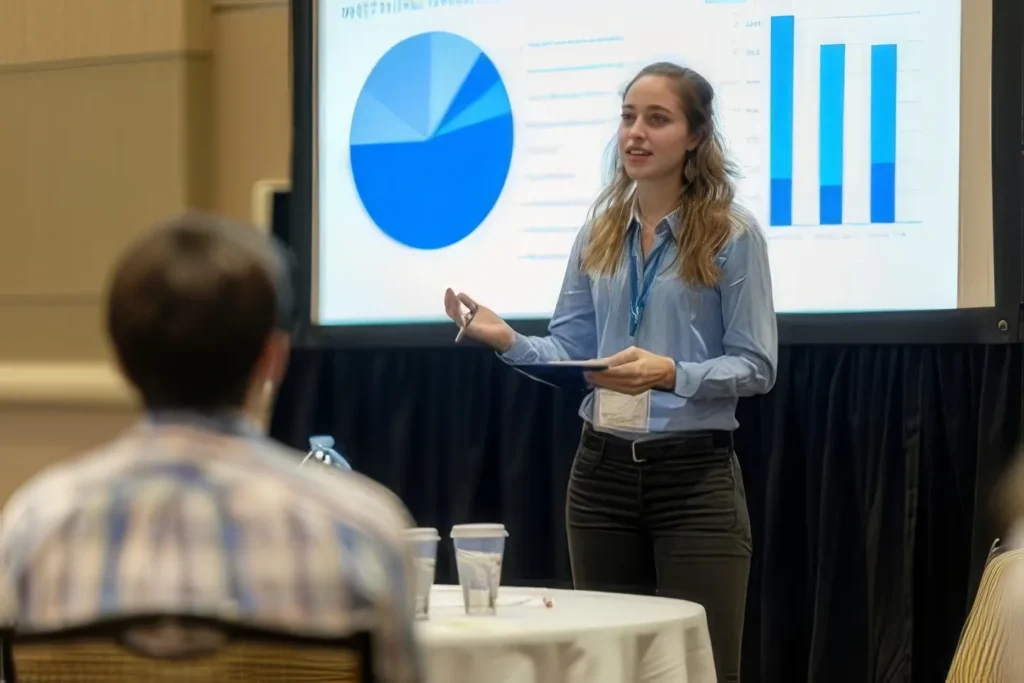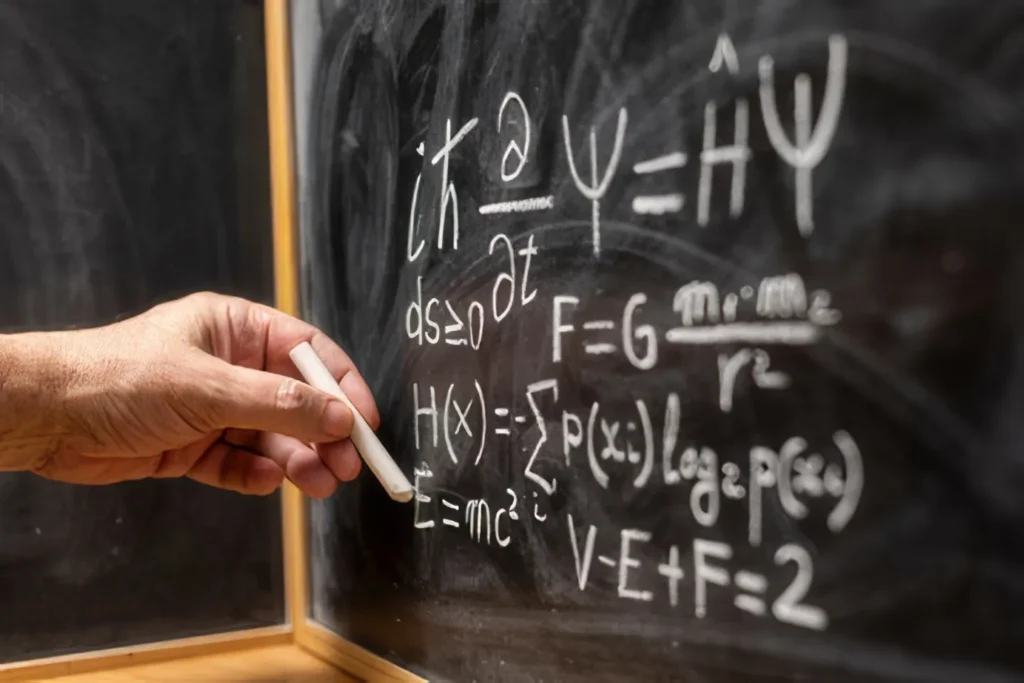Department of Logic & Reasoning

About The Department
Logic has historically been regarded as the cornerstone of philosophical and scientific inquiry, providing the rules and methodologies necessary for valid reasoning, structured argumentation, and epistemic precision. Traditionally, it encompasses classical and modern logic, propositional and predicate calculus, and principles of rational discourse. However, at UOS, the Department of Logic & Critical Reasoning extends this foundation by integrating cognitive science, decision theory, and computational reasoning, ensuring students develop a broad yet structured understanding of logical frameworks and their applications in contemporary knowledge systems.
The Department of Logic & Critical Reasoning at UOS merges classical logical inquiry with modern methodologies in critical thinking, analytical modeling, and computational epistemology, offering a multidimensional approach to reasoning, argumentation, and structured decision-making. The department ensures that students engage with both traditional and contemporary logical systems, fostering a broad yet rigorous approach to the study of rational cognition, knowledge validation, and problem-solving methodologies.
Bridging Classical Logic and Contemporary Analytical Thought
A Multidisciplinary Approach to Logical Inquiry
- Critical Thinking & Argumentation – Investigating cognitive biases, logical fallacies, and methods of rational analysis.
- Computational Logic & AI Reasoning – Analyzing formal logic as applied to artificial intelligence, algorithms, and decision-making models.
- Epistemology & Justification Theory – Understanding the structure of knowledge, belief justification, and rational discourse.
- Decision Science & Analytical Reasoning – Examining probabilistic reasoning, risk assessment, and game-theoretical models of logic.
- Formal Systems & Mathematical Logic – Investigating axiomatic structures, set theory, and abstract formalization in logic.
Degree Programs
Research, Innovation & Interdisciplinary Collaboration
The Department of Logic & Critical Reasoning is committed to expanding the frontiers of logical inquiry, integrating research across philosophy, cognitive science, AI development, and decision theory.
Key Research Areas Include:
- Cognitive Bias & Rational Analysis – Examining common reasoning errors, heuristics, and methods for improving critical thought.
- Computational Epistemology & AI Decision-Making – Exploring the role of logic in artificial intelligence, automated reasoning, and symbolic computation.
- Game Theory & Decision Science – Bridging logical structures with strategic reasoning and probabilistic decision-making.
- Legal & Ethical Reasoning in AI & Society – Applying logical frameworks to legal reasoning, policy development, and ethical AI design.




